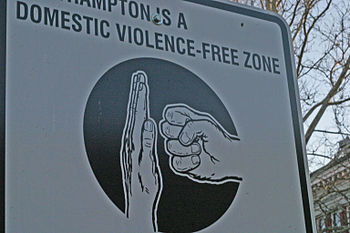As an author, I believe that I have a responsibility to create diverse works that do not present the world as a one-dimensional space where only certain people are welcome to exist. This can be a tricky balancing act for a white writer like myself. I want my novels to be diverse, but I also do not want to unknowingly reinforce stereotypes that I may not be aware of. I do not want to cross the line into cultural appropriation or telling stories about experiences that may not align with my own. For the past few years, I have been taking an #ownvoices approach to this subject, and I feel like I have learned a lot from the experience.
My novel If You Didn’t See It Coming is an example of an #ownvoices book even though people of color are not at the forefront of the story. It’s an accounting of marginalized characters (namely women) involved in domestic violence situations, many of which are inspired by my own experiences with a violent abuser. Although the characters are fictional, and their stories are not a retelling of my own story, it still illustrates the struggles of a marginalized group of people.
Because I was telling the story from my own perspective, the main characters are all white. There is very little intersectionality of identities because I was telling the story from the perspective of a cis white woman. However, I did consider representation and intersectionality while writing the novel. I considered making my main characters more diverse, but I didn’t feel right about trying to write what I consider to be someone else’s story.
Continue reading “How to tell your own authentic stories while also supporting marginalized voices”



